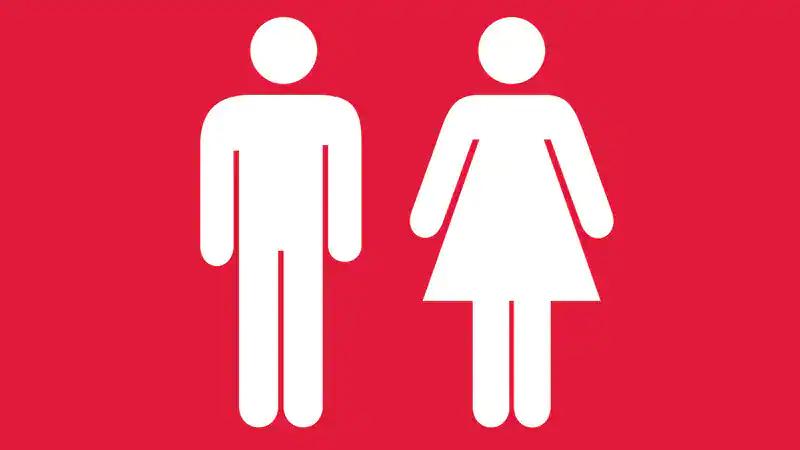24
02/2023
In a population -based study, women with melanoma and previous treatment with iPilimumab that later received combined immunotherapy based on Nivolumab and Ipilimumab had an increase in more than the double in the risk of death, compared to their male counterparts.
The Hazard Ratio for Mortality in women against men treated with combined immunotherapy after previous treatment with iPilimumab was 2.6.In the investigation, such a difference was observed between those who received treatment with a single drug, outside Pmbrolizumab or Nivolumab (HR for mortality in women in front of men: 0.97; p = 0.85) or between patients who had notTreated before with iPilimumab.
Related news
The FDA approves Cabozantinib for differentiated thyroid cancer
noviembre 12, 2021The women treated before with iPilimumab also almost tripled the risk of death after combined immunotherapy against anti-protein of programmed cell death-1 with a single drug, but none of these differences were observed in the men participating in the study.
The results indicate that the patient's sex should be taken into account when planning the treatment to optimize the results, the authors highlighted.
"These new findings point out that for women with a history of use of iPilimumab, treatment with programmed cell death anti-protein 1 can be preferable to combined treatment, while for men it is not clear which treatment is better," they said in the investigation.
“Half of Brits Don’t Know How To Report Bank Fraud, But They are not fussed” @verDectctuk Reports on Our 2019 Unisys… https: // t.CO/YADAON5VIR
— Unisys Europe Fri Jul 05 14:53:00 +0000 2019

In a statement, the main author,Dr.a.GraceLu-Yao, in Philadelphia, United States, acknowledged that it has not yet been clarified whether the increased risk of death in women is due to the side effects of treatment or lack of efficacy, highlighting that: "This is a powerful signalIn real world data that is necessary to investigate more ".
"These data represent a care call based on the experience of hundreds of patients treated with these drugs.These real world data show that the results derived from men may not be applicable to women and it is essential to design studies with sufficient power to evaluate the efficacy of the treatment depending on sex, "said DRA.Lu-Yao.
The relevance of the findings for systematic practice is not clear, given the average age of cohort and the lack of data on whether the excess mortality was related to cancer or toxicity was due to another cause, said the DR.Jeffrey s.Weber, pH.D, Professor and Delegate Director of Laura And Isaac Perlmutter Cancer Center, of the New York University School of Medicine.
"The study is interesting and detailed, but it is a fairly limited cohort, whose members are over 65 years old and a median age of 75 years, which is very different from most cohorts of patients with melanoma treated withImmunotherapy with a median age 10 years younger, "said the DR.Weber in an interview.
In general, these data would not influence my way of treating patients.Dr..Jeffrey Weber
In addition "in the almost current practice it will have previously treated with iPilimumab and then receive combined immunotherapy.In general, these data would not have an impact on my way of treating patients, "he said.
This study is not the first that shows a sex difference in the results after immunotherapy.
A meta -analysis published in The Lancet Oncology showed that immune control points are twice as effective as standard cancer treatments in men with advanced solid tumors, compared to their female counterparts.
However, sex -based differences are still underestimated despite "evidence of the potential role that sex in the efficacy of drugs due to biological differences between men and women is accumulating," said the authors of the lastStudy on melanoma.
"This lack of attention around the association of sex with the efficacy of immunotherapy based on immune control points can have important negative consequences, especially because these drugs carry high toxicity and a high cost of treatment.For future essays, it would be crucial to examine the modification of the effect depending on sex, "they concluded.
Source consulted here.

- 758
- Publishing Women's Health Magazine
Related Articles
How many sit-ups should I do a day to get rid of my belly?
30/01/2022Flattening the abdomen or reducing the fat in this area is a difficult task. But don't despair, we will solve the question: how many sit-ups should I do a day to eliminate the belly. Abdominal fat...
Jalisco The Ministry of Health invites men and women to learn about family planning services
04/02/2022The Jalisco Ministry of Health invites men and women of reproductive age to learn about and use the various services offered by the Family Planning and Contraception Program, which...
Telva International day against gender violence: screens multiply mistreatment against women
01/02/2022SaludUpdated Change of scenery, same victims. On the International Day for the Elimination of Violence against Women, we highlight how aggressions have been copied to the digital sphere, increasing...
Coronavirus Spain today | | Health The Trust Project
18/03/2022The Ministry of Health has reported 3,261 new coronavirus infections and 155 deaths, while the cumulative incidence drops more than six points in 24 hours to 109.3 cases. There is...